Contractor Demand Letter Template for Payment Disputes
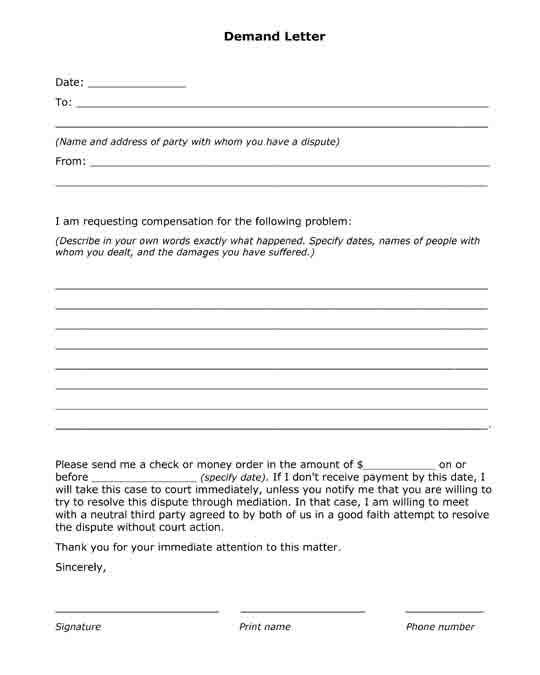
When working on a project, it’s important to have a clear and professional way to address any issues related to unpaid work. If you’ve completed your responsibilities and haven’t received payment, you may need to send a formal communication to request compensation. This document serves as a reminder and outlines the details of the agreement, expectations, and the next steps if the payment is not settled promptly.
Essential Components of a Payment Request
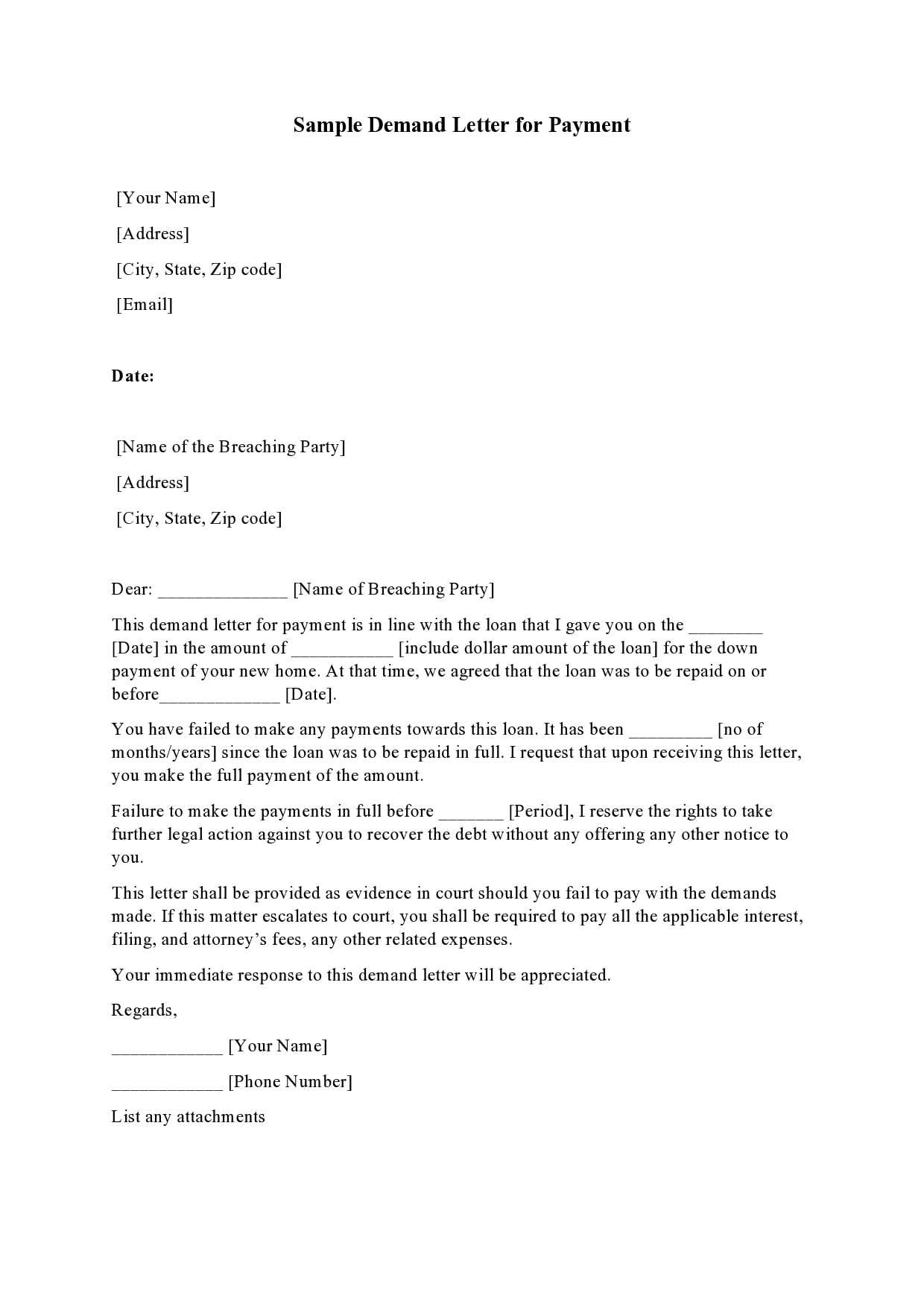
To ensure the effectiveness of your communication, make sure to include the following key elements:
- Identification of the Agreement: Clearly reference the project or contract, including dates and specific terms.
- Details of Unpaid Amount: List the exact amount due, including any relevant invoices or receipts.
- Payment Terms: Specify the payment method and deadline for settlement.
- Consequences for Non-Payment: Include the potential legal or financial actions if payment is not received within the specified timeframe.
How to Tailor Your Request
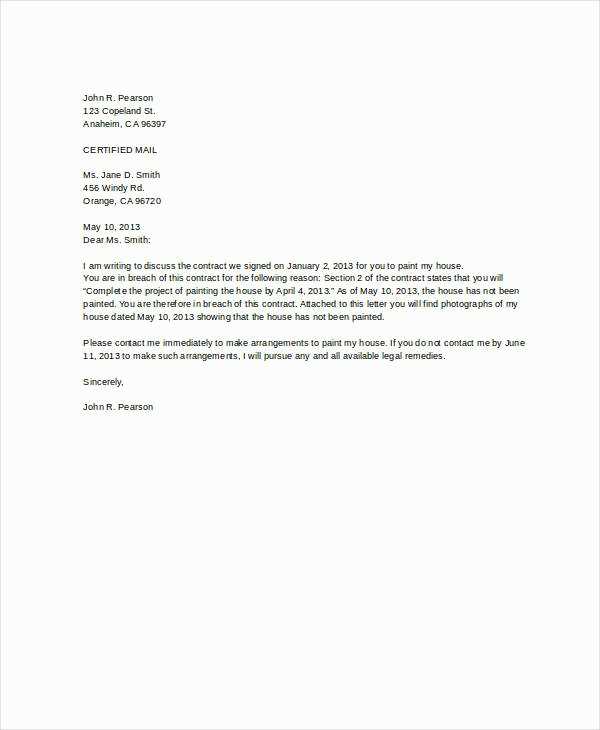
Each situation may require adjustments, depending on the relationship with the client or company. Here are a few tips on customizing your communication:
- Tone: Keep the tone professional, but firm. Make sure it reflects the urgency of the situation.
- Clarity: Be clear about what you are requesting and by when.
- Document Attachments: Attach all relevant documentation, such as contracts, invoices, or prior communications that support your request.
Legal Considerations
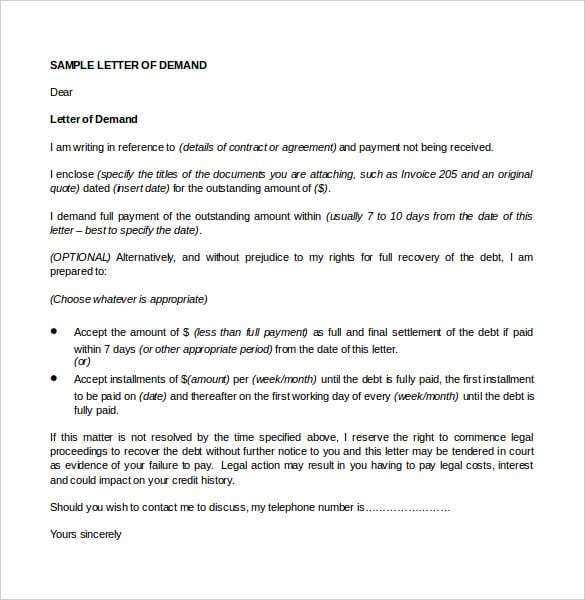
It’s important to understand that formal requests can have legal consequences. While most requests are resolved amicably, in some cases, the client might fail to comply. In such situations, your communication can serve as an official record in case legal action is necessary. It’s advisable to consult with a legal expert before taking further steps.
Avoiding Common Mistakes
Many individuals make errors that can delay the process or damage relationships. Here are some common mistakes to avoid:
- Vague Language: Avoid using ambiguous or unclear terms. Be specific about what is owed and when.
- Failure to Follow Up: If there’s no response, send a polite reminder or take additional steps as outlined.
- Ignoring Documentation: Without proper records, your case may be weak. Always keep track of agreements and payments.
Following Up
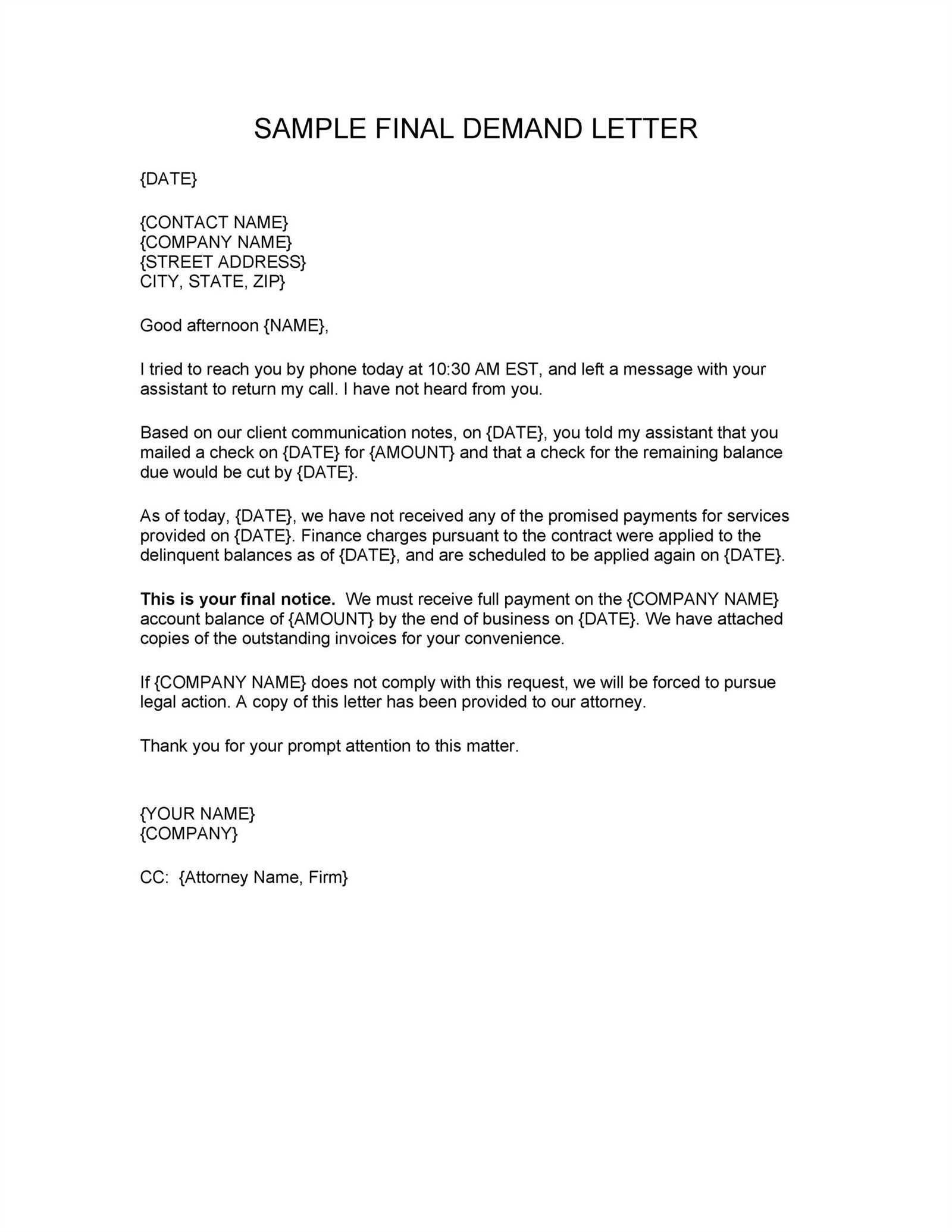
If you haven’t received payment by the agreed-upon date, it’s essential to follow up. A gentle reminder can be sent first, but if there is still no resolution, further actions may be necessary. Always keep the communication professional, yet assertive, to encourage the payment process.
Understanding the Importance of Payment Requests
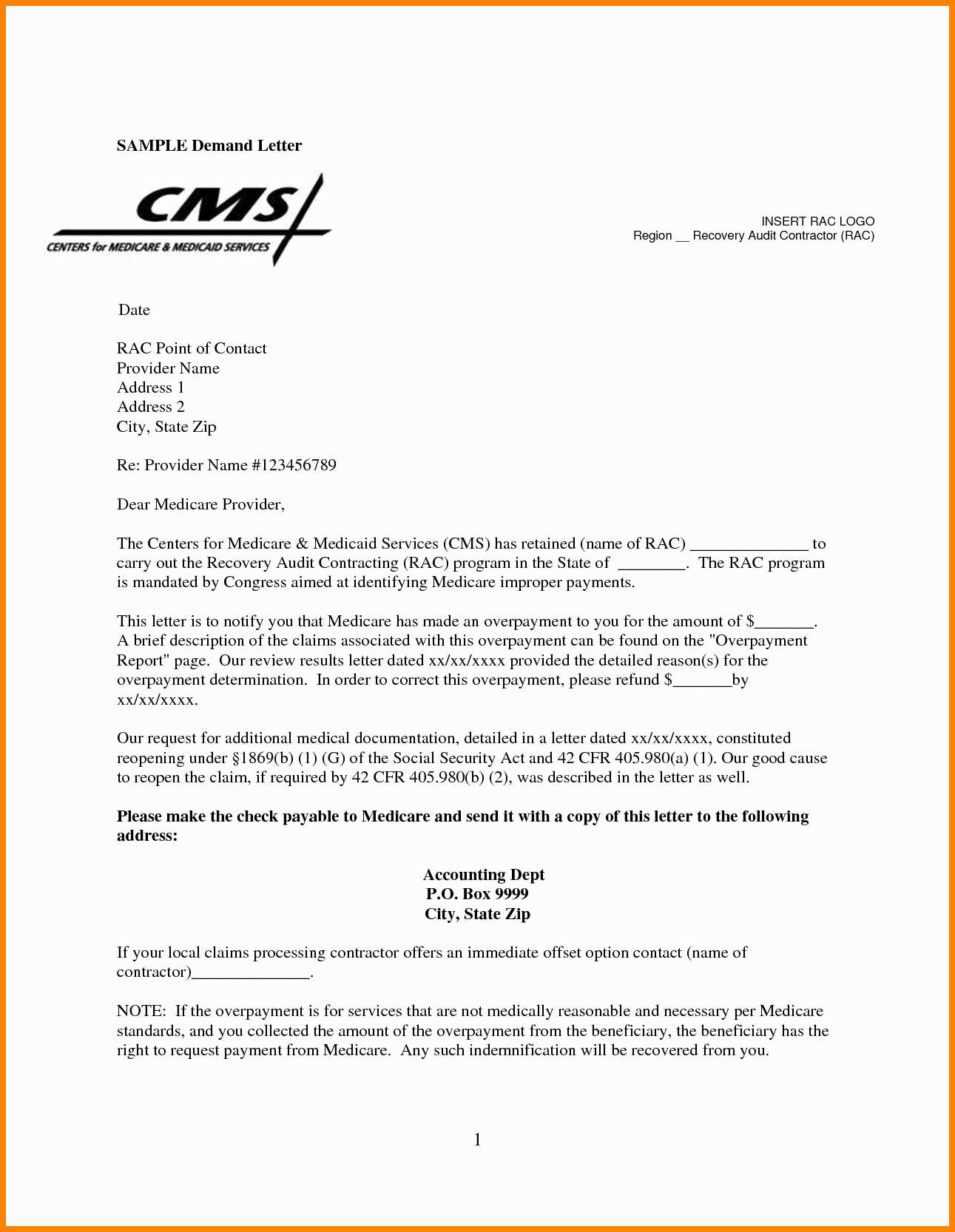
When a project has been completed, and payment is overdue, sending a formal request can be a crucial step in ensuring the fulfillment of financial obligations. Such a communication serves as a professional reminder, reinforcing the terms of the agreement and encouraging timely resolution without escalating the issue unnecessarily.
Knowing when to send such a request is key. Typically, this action is appropriate when all attempts at informal communication have failed, or when the payment deadline has passed. It is important to address the matter promptly to avoid further delays or complications.
To ensure the message is effective, several key elements must be included. These include the amount due, the specific work completed, the terms agreed upon, and a clear deadline for payment. Providing such details helps clarify the situation and makes it easier for the recipient to process the request quickly.
Customizing your communication is essential to reflect the specifics of your situation. Each case may require different language or additional documentation, so it’s important to tailor the message accordingly. This ensures that the tone remains appropriate and the details are accurate for the circumstances.
Sending such a communication can have legal consequences, especially if the matter progresses to a formal dispute. Understanding these implications is important, as the request may be used as evidence should further legal action be required to recover the owed funds.
There are several common mistakes that can reduce the effectiveness of this type of request. Being too vague, not including supporting documents, or failing to be clear about the next steps can all undermine the process. Avoiding these pitfalls ensures a higher chance of a prompt and successful outcome.
Finally, following up after sending the request is critical if no response is received within the designated timeframe. A polite but firm reminder can help move the process forward. In some cases, additional legal steps may be necessary if the issue remains unresolved.